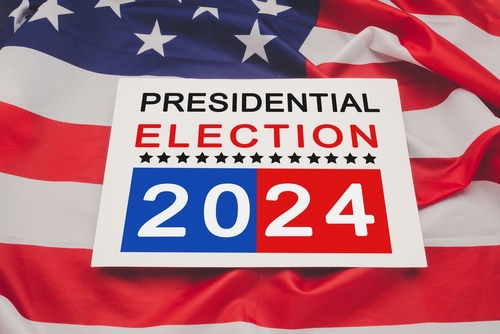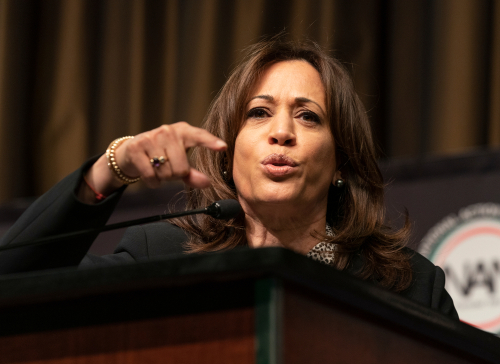Earlier this week, New Jersey officials announced their decision to phase out the sale of new gas-powered vehicles by the year 2035. This decision places the state in alignment with the Advanced Clean Cars II rule, which was originally passed by a regulatory board in California last summer.
This means that the amount of new gasoline-powered cars that can be sold in New Jersey will be limited from 2027 until it finally reaches zero in 2035. By then, the only new car sales that would be allowed in the state would be that of electric cars.
Per officials, the ban will not affect gas-powered vehicles already owned by residents, and used gas-powered vehicles can still be sold. Residents of New Jersey will also still be allowed to purchase and bring in gas-fueled cars from other states if they met some emissions requirements.
The ban, set to go into effect on Jan. 1, 2024, is part of an effort to improve air quality and reduce planet-warming pollutants, officials say. In a press release, Governor Phil Murphy stated, “The steps we take today to lower emissions will improve air quality and mitigate climate impacts for generations to come, all while increasing access to cleaner car choices.”
“Indeed, together with my Administration’s continuing investments in voluntary electric vehicle incentives, charging infrastructure, and the green economy, these new standards will preserve consumer choice and promote affordability for hardworking New Jerseyans across the state,” he added.
The decision received support from many on the left, with Rep. Frank Pallone Jr. (D-NJ) stating that the ban is a crucial step in combating the “climate crisis.” Pallone Jr. believes that this rule will not only reduce climate pollution but also lead to savings for New Jersey residents at the gas pump.
“Paired with the investments in the Bipartisan Infrastructure Law, New Jersey’s action will accelerate the process of transforming our transportation sector for the benefit of public health and the environment,” he explained.
New Jersey’s decision to ban the sale of new gas-powered vehicles by 2035 comes as several other states, including California, Washington, Maryland, Vermont, Virginia, Oregon, Rhode Island, Massachusetts and Connecticut, have done the same. Some other states are also considering similar bans.
New Jersey Joins Growing List Of States Banning Sale Of New Gas-Powered Cars https://t.co/XtseVIQzSY pic.twitter.com/t4I7qK0PTq
— Daily Wire News (@DailyWireNews) November 23, 2023
However, not everyone is pleased with the state’s adoption of the gas-powered vehicle ban. Among those who have expressed concerns about the heavy-handed mandate is Ray Cantor of the New Jersey Business and Industry Association, which represents automotive retailers.
Cantor pointed out that many dealers have already invested substantial resources in electric vehicles, and the mandate could pose challenges, especially with unsold electric vehicles accumulating on lots across the country.
“The failure of this policy can be seen nationally as manufacturers cut back on their previous commitments to EVs and have called for a pause in any mandates,” he explained.






